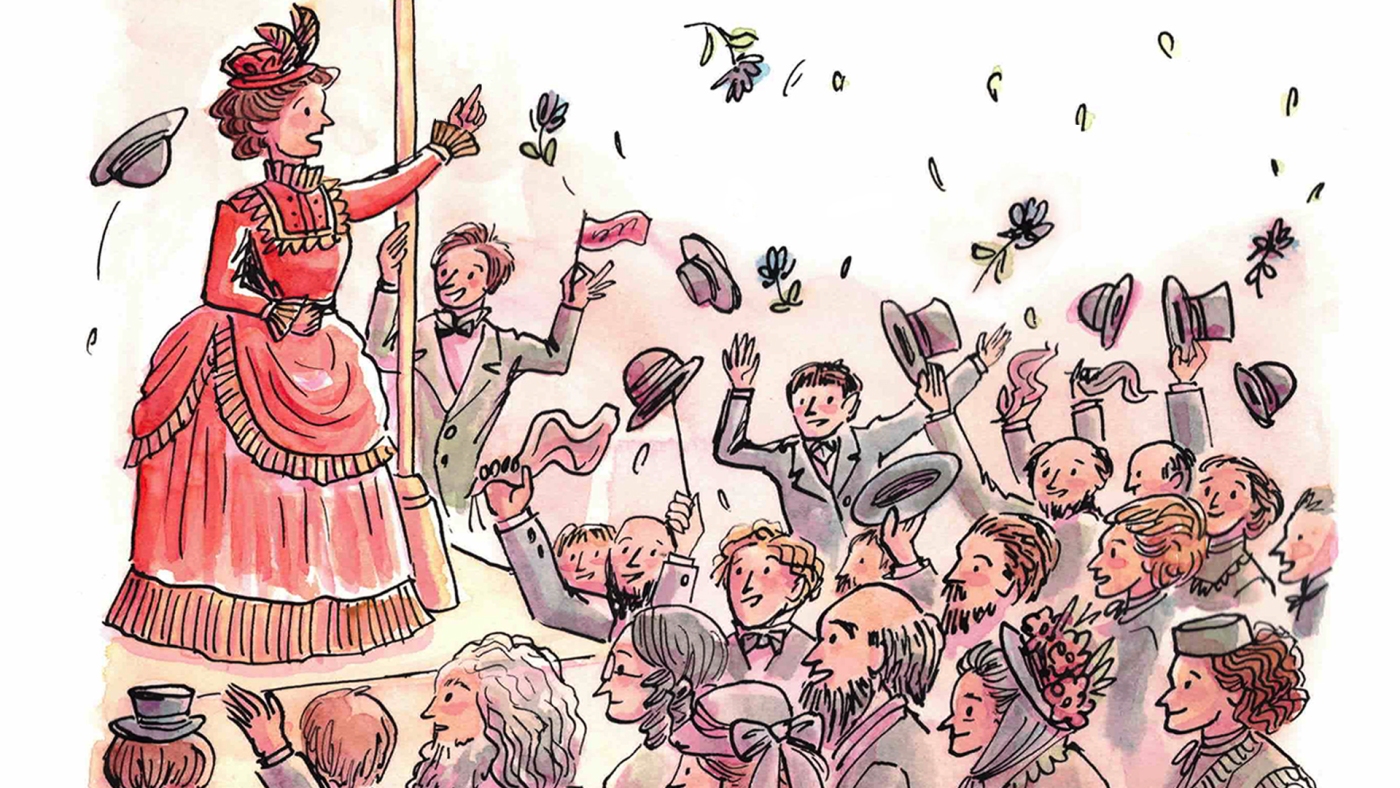Victoria Woodhull: A Trailblazer in U.S. Political History
As we celebrate Women’s History Month, it is essential to remember figures like Victoria Woodhull, who defied societal norms by announcing her presidential candidacy in 1870. At a time when women were barred from voting, Woodhull saw no legal barriers to running for office, a prospect previously unimaginable for a woman.
Woodhull’s journey from an impoverished background to becoming a wealthy and influential figure is remarkable. Her advocacy for women’s suffrage was overshadowed by her controversial reputation, including her past as a Spiritualist clairvoyant and the daughter of a conman.
Despite these challenges, Woodhull’s life story is a testament to her resilience and commitment to justice. She rose from humble beginnings to become one of the most affluent individuals of her era, only to sacrifice her wealth to promote her vision for a better society.

Woodhull’s early life was marked by poverty in rural Ohio. Her family, led by a father who was a snake oil salesman, relied on her and her sister to make ends meet as traveling clairvoyants and healers. Despite these hardships, Woodhull’s determination led her to marry at 15, endure a difficult marriage, and eventually relocate to New York, where she and her sister gained the attention of the nation’s wealthiest tycoon.
With new financial backing, the sisters became the first female stockbrokers on Wall Street and launched a newspaper to express their radical ideas on workers’ rights and “free love,” the notion that people should marry and divorce freely.
Woodhull also became the first woman to testify before Congress, arguing that the 14th and 15th Amendments already granted women the right to vote. Although her arguments were compelling, Congress did not act on them.
In 1872, Woodhull was nominated by the Equal Rights Party to run for president. Her platform included women’s suffrage, an eight-hour workday, public education, and more liberal divorce laws. She chose Frederick Douglass as her vice-presidential candidate, though he never acknowledged the nomination.
Despite her compelling campaign, Woodhull was arrested on obscenity charges just before the election, related to her publication of a scandalous story about a preacher. This incarceration prevented her from voting and sparked debate over governmental persecution.
Ultimately, Ulysses S. Grant won reelection. Ironically, Woodhull’s age, not her gender, disqualified her from the presidency, as she was only 34 at the time. Nevertheless, her campaign paved the way for future women in politics, establishing a legacy that continues to inspire.
Today, 24 women have run for president in the United States, with many more expected to follow in Victoria Woodhull’s pioneering footsteps.
Jackie Lay, an animator and illustrator, contributes to NPR and has been published by outlets such as The Atlantic, Vox, and The Washington Post. Explore more of her work at JackieLay.com.






